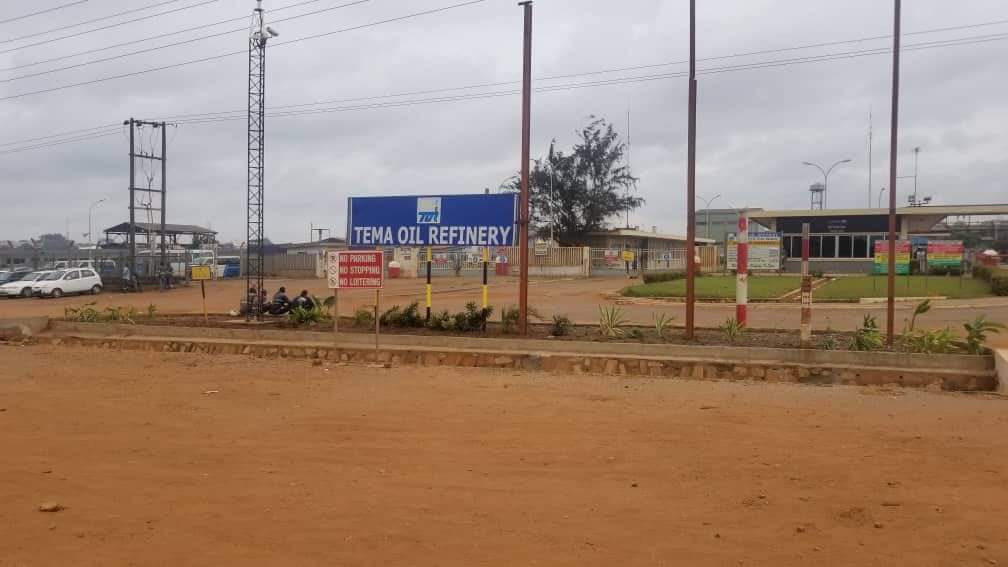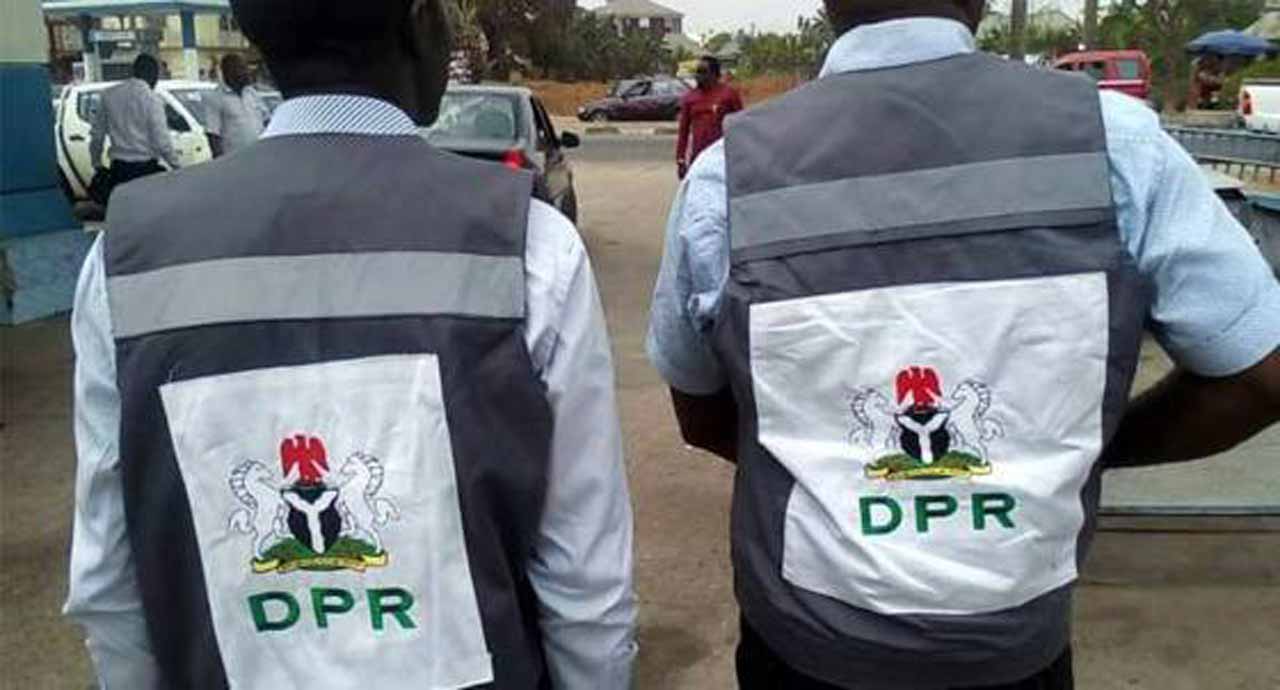If the regulator, the Nigerian Electricity Regulatory Commission (NERC) put paid to its threat on revoking the licenses of some erring Electricity Distribution companies in the ears of non compliance to sanctions and dodging of meter provision over time, surviving ones will seat up to their responsibilities.
This was the submission of Satellite Resident Association communiqué after a recent review of power situation in the estate in Lagos.
Apart from the issue of fine enforcement, residents observed that Discos are working with the illicit permutation that estimated bills system gives them more money than digital metering and this had been the reason behind back and front promises in the delivery of meters to consumers’.
But whereas Nigerians in almost all the states had become frustrated in asking for meters, indications have emerged that some electricity firms are at the verge of losing their licences three years after privatisation for failing to comply with the rules and regulations in the power sector.
This is because many electricity firms are contravening the Nigerian Electricity Regulatory Commission (NERC) Electricity Industry (Enforcement) Regulations 2014, which specified strict action against any form of unruliness in the sector, even as many are yet to pay over N345 million cumulative fines imposed by NERC.
Lack of compliance and adherence to industry rules are some of the reasons weakening the capacity of NERC to effectively regulate the industry and institute credible electricity operations in the country.
Indeed, the regulator would have used part of the money realised from such penalties to execute some of its programmes, which are being challenged by paucity of funds.
It would be recalled that the Commission had recently fined Afam Power Plant, and Eko Electricity Distribution Company (EKEDC) the sum of N66.6 million for failing to submit audited financial reports for 2013 and 2014.
The fines imposed on the firms have since attracted additional N62 million, being the cumulative for five per cent interest daily for I9 days following the expiration of the two weeks grace granted by NERC, which expired on the December 22, 20I6.
A statement issued by the Acting Chairman, NERC, Dr. Anthony Akah, explained that Directive 162 of NERC found Afam Power in breach of its licensing terms and other operating conditions when it failed to file audited financial report for 2014, and subsequently liable to pay N18.510 million.
Directive 163 found EKEDC in violation of its licensing terms and other operating condition over late submission of its 2013 and non-submission of 2014 audited financial reports. The company is, therefore, liable to pay N48.09 0million fine.
Both Directives signed by Akah and General Manager, Legal, Licensing and Environment, Olufunke Dinneh, expected the companies to pay their fines within two weeks beginning from December 9, 2016 when the directives were signed.
Also, electricity firms such as Ibadan Electricity Distribution Company (IBEDC); Ikeja Electricity Distribution Company (IKEDC); Port Harcourt Electricity Distribution Company (PHED); and a host of others had been fined for failing to satisfactorily treat various service complaints by their customers as well as not submitting their statutory quarterly operations reports.
Also, Ibadan, Ikeja, Port Harcourt and Enugu Discos in August last year, were fined N24.56 million for various infractions under the Electric Power Reform Act 2005.For failing to submit its audited financial report since 2013, NERC imposed another fine of N37.5 million on the PHED in November of the same year.
In his remarks, Akah said “The Commission would do whatever is required to ensure discipline in the Nigerian Electricity Supply Industry (NESI). It is only when stakeholders endeavour to play by the rules that we can begin to reap maximum benefits of the privatisation in the Sector.
“We expect the operators to act in good faith and in line with the industry rules, standards and conditions for their licenses as the Commission will not compromise on international best practices. Customers are also expected to fulfill their obligations to their service providers by paying their bills and not to engage in electricity theft”.









